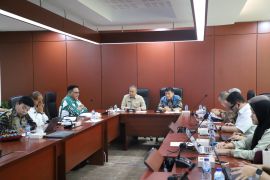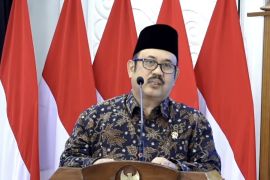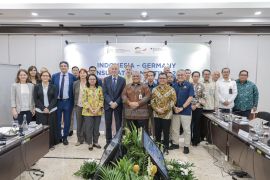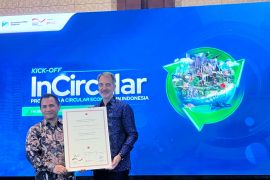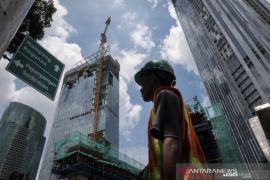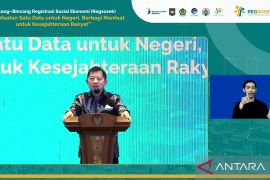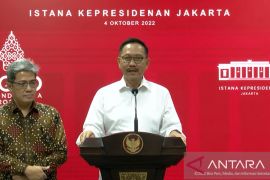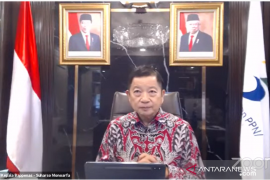The Bappenas is now studying several economic sectors, such as property and commodity, which will help it formulate a program that will boost the economy.
"The commodity and property sectors are related to the other sectors, which can create jobs and raise the purchasing power," Bappenas Head Bambang Brodjonegoro said in Jakarta, Tuesday.
The Central Bureau of Statistics (BPS) has released data on the economic growth in the second quarter of 2017, showing the economic growth at 5.01 percent, which was the same as the growth in the previous quarter.
In order to achieve the economic growth target set at 5.2 percent in the revised 2017 state budget, the economy must grow by 5.4 percent in the second semester.
According to Brodjonegoro, to increase the growth in the second semester, investment realization is expected to become a booster, besides the consumption by the government and the private sector.
The Bappenas chief also explained that to increase foreign and domestic investment, it is not a must for the government to revise the negative investment list (DNI). The present investment potential is adequate, he noted.
"We need to focus more on realizing the investment. Major investments are in infrastructure and tourism. We see that the two sectors are the main attraction for foreign investors. We need to realize it, so that it will have an impact on the economy," he remarked.
He stressed that while attracting investment into the country, the focus must be on two main things; the ease of investment in the country and the business certainty for investors.
"So, whatever the package is, it should answer these two things," he emphasized.
BPS noted that the improved investment performance, or Gross Fixed Capital Formation (PMTB), has contributed to the economy in the second quarter of 2017. The growth of PMTB is driven by the investment in buildings, vehicles and other equipment.
Investment in the form of buildings during the period grew in line with the increased activity in the construction sector, such as infrastructure development.
In addition to this, investment is also supported by the realization of the central government capital expenditure in the 2017 state budget, amounting to Rp35.7 trillion, an increase of 4.36 percent over the same period last year.(*)
Editor: Heru Purwanto
Copyright © ANTARA 2017
